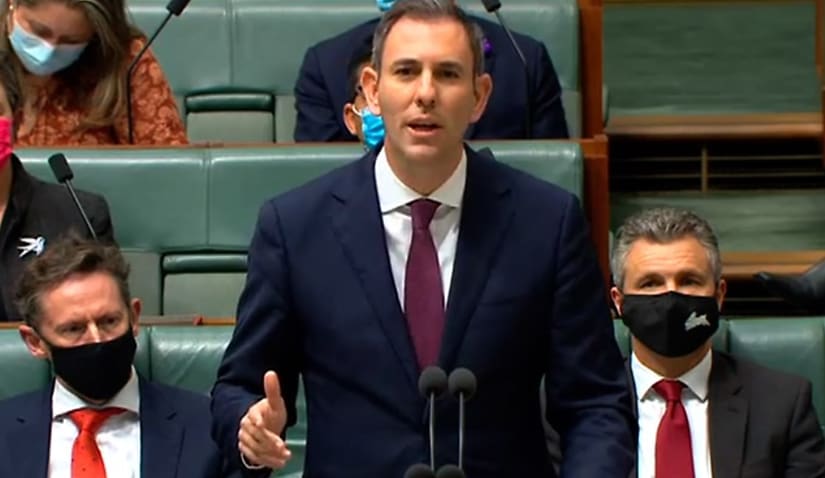This week, the 2024–25 budget was handed down and included various key measures aimed at getting small businesses a “better deal”. But how will these play out for small firms in practicality?

On Tuesday (14 May), Treasurer Jim Chalmers handed down the 2024–25 budget, which includes a number of key measures relevant to the legal profession, from investments in community legal services to strengthening Australia’s anti-money laundering laws. You can find out everything lawyers need to know here.
Further, $641.4 million was allocated to targeted support for small businesses in the 2024–25 budget – with key priorities being to ease pressure, support growth and “levelling the playing field” for small businesses, according to the Australian government small business statement.
“The government recognises that some small businesses continue to face challenges, dealing with inflation and the cost of doing business, natural disasters, cyber security threats and worker shortages. That is why the government is delivering practical supports to ease the pressure on small businesses,” Minister for Small Business, the Honourable Julie Collins, said in the statement.
“We continue to focus on making it easier to do business, improving regulatory settings and helping small businesses grow in the digital economy. The government has listened to small-business owners. This budget delivers a better deal for small businesses and ensures they stay at the heart of our decision making.”
The budget also injects a further $10.8 million to support the mental health and financial wellbeing of small-business owners by extending the NewAccess for Small Business Owners program, which provides tailored, free and confidential mental health support to small-business owners, as well as extending the Small Business Debt Helpline, a national, free and confidential phone-based financial counselling service for small-business owners.
$392.4 million will assist small businesses to innovate and grow through the Industry Growth Program, as well as $18.6 million in funding for a second round of the Digital Solutions program to help small businesses adopt digital tools.
Small firms with an annual turnover of less than $10 million will also be able to immediately deduct eligible assets costing less than $20,000 until 30 June 2025.
Speaking to Lawyers Weekly following the budget announcement, ALA Law managing director and chief executive Amanda Little said that the effectiveness of these measures “remains debatable”.
“The extension of the $20,000 instant asset write-off is an example of a policy that presumes that a business is financially healthy enough to spend the money, to receive the benefit. The $325 energy bill relief rebate provides a small immediate financial benefit – but does not make a significant difference in the cost of running a firm.
“Although both of the above measures will potentially ease cash flow constraints and reduce operational costs, these measures appear to be insufficient to address the broader economic challenges small law firms face, such as rising costs, staff shortages, and compliance burdens. While the removal of 457 nuisance tariffs and the investment in TAFE places are positive steps, they may have limited direct impact on law firms as staff require further tertiary qualifications for employment,” she told Lawyers Weekly.
“The extension of the Small Business Debt Helpline and financial counselling services may provide valuable support for firms struggling with debt; it only assists those who have already reached the point of financial intervention. Small and micro firms are heaving under the cost of living, and this budget, although shiny, does very little to assist them. Overall, while the budget provides some relief, it is not enough to significantly improve the long-term viability and growth prospects of law firms amidst a challenging economic environment.”

Lauren is the commercial content writer within Momentum Media’s professional services suite, including Lawyers Weekly, Accountants Daily and HR Leader, focusing primarily on commercial and client content, features and ebooks. Prior to joining Lawyers Weekly, she worked as a trade journalist for media and travel industry publications. Born in England, Lauren enjoys trying new bars and restaurants, attending music festivals and travelling.